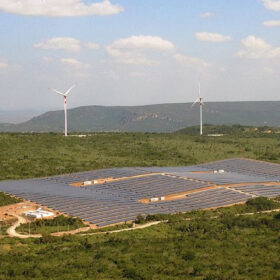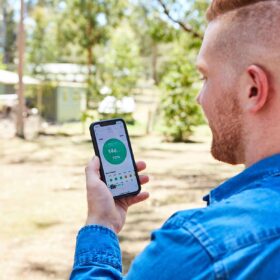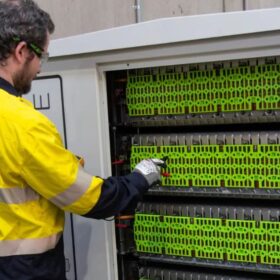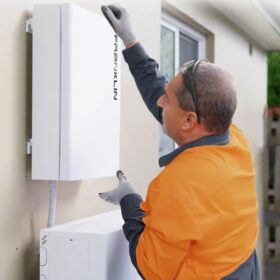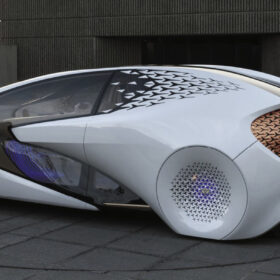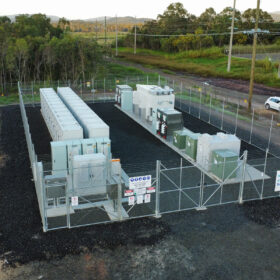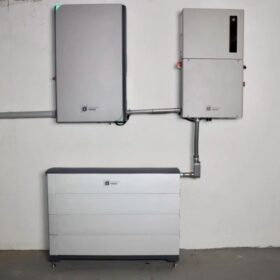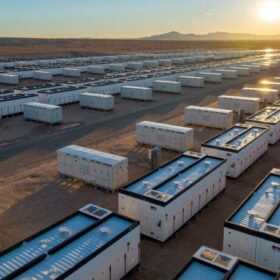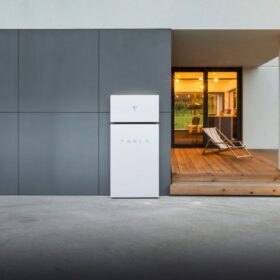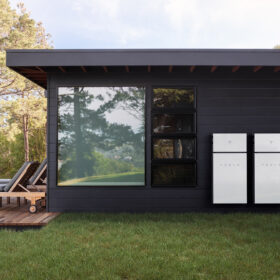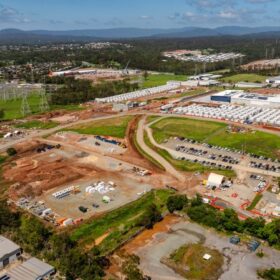Entering the renewables era
Following strong global solar installation figures in 2023, Alexa Capital co-founder and partner Gerard Reid sees enormous potential for a renewables revolution.
Amber eyes international market after $29 million raise
Commonwealth Bank-backed energy retailer and technology company Amber Electric has raised $29 million (USD 18.9 million) in capital that is earmarked to scale the business in Australia and to take its battery and electric vehicle automation software offshore.
Solar self-consumption boosted as battery cuts grid imports by 94%
The economic benefits of integrating battery energy storage solutions in commercial settings have been highlighted by Relectrify which has released data showing that a recently commissioned 120 kW Revolve battery has reduced the customer’s import of energy from the grid by more than 94%.
Melbourne partners with Origin Zero on city-wide battery project
The City of Melbourne has partnered with Origin Zero to deliver three battery energy storage systems as part of its plan to establish a network of co-ordinated community batteries across the city to better manage the increasing penetration of rooftop solar and periods of peak demand on the network.
FranklinWH scores ticks of approval for home energy management system
A new AC-coupled residential storage solution, which integrates the use of solar, battery storage, energy control and management technologies, will be available to consumers in South Australia and Victoria after the product secured approval for use in the two states.
New solid state battery charges in minutes, lasts for thousands of cycles
A team of researchers in the United States have developed a new lithium metal battery that can be charged and discharged at least 6,000 times — more than any other pouch battery cell — and can be recharged in a matter of minutes.
Queensland builds on statewide network-connected battery program
A dozen new large-scale, network-connected batteries with a combined capacity of 48 MW / 96 MWh will be rolled out across Queensland as part of the state government’s strategy to support the continuing uptake of renewable energy and take the heat out of peak demand periods.
Fortress debuts high-voltage, all-in-one residential battery
Unite States-based manufacturer Fortress Power’s Avalon High Voltage Energy Storage System combines a hybrid inverter, high-voltage battery, and a smart energy panel in an all-in-one, whole-home backup system.
Cornwall backs new FCAS markets to deliver big profits for batteries
“Substantial” profits available in the recently introduced Very Fast Frequency Control Ancillary Services markets will lead to a surge in battery involvement according to new data provided by energy market consultancy and research group Cornwall Insight Australia.
Tesla releases API for solar, Powerwall, EV charger
The company released an application programming interface to enable third-party developers to interact with Tesla home energy products.
